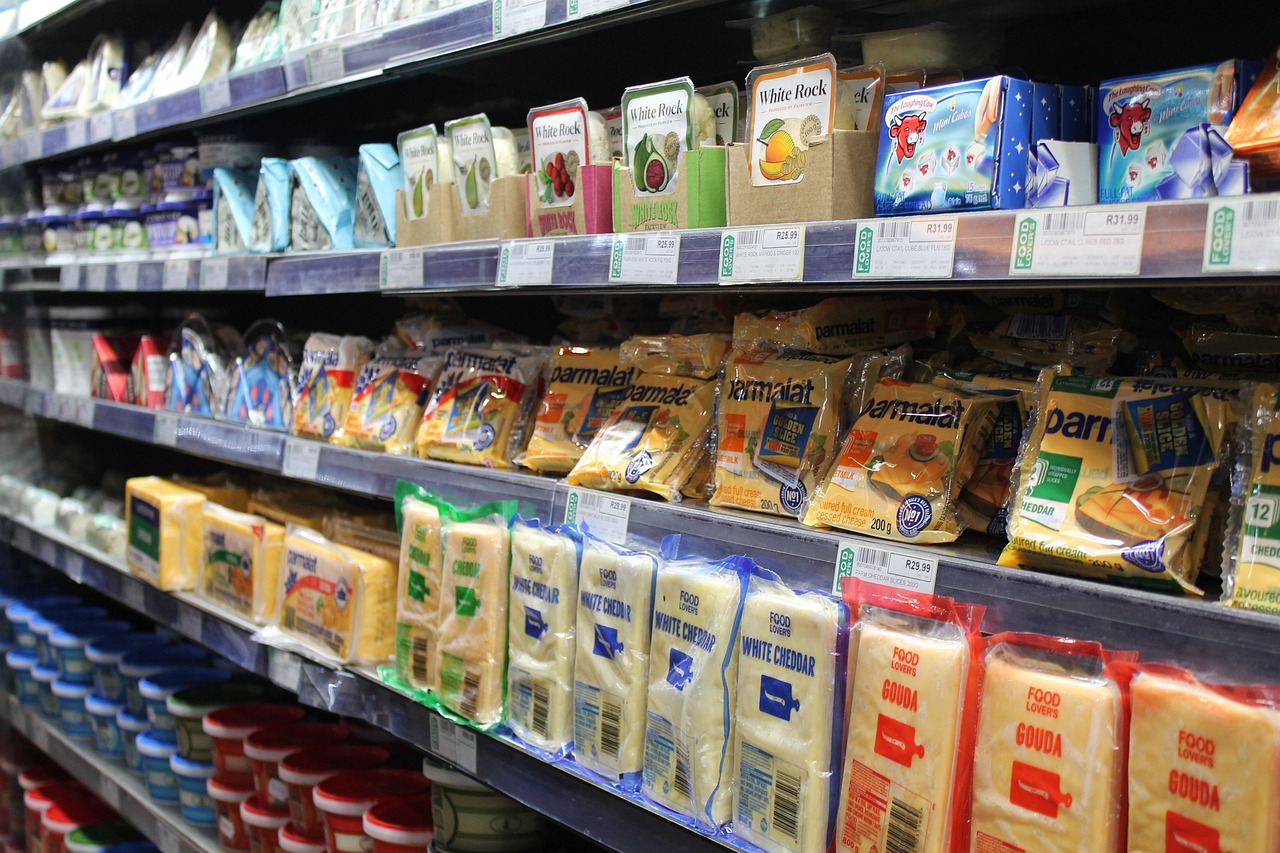Food Safety: What You Need to Know
Foodborne illnesses are caused by consuming contaminated food or beverages. Some of the most common culprits include bacteria like Salmonella, Campylobacter, and E. coli. These pathogens can lead to symptoms such as nausea, vomiting, diarrhea, and fever.
In addition to bacteria, viruses such as norovirus and Hepatitis A can also result in foodborne illnesses. It is essential to handle and cook food properly to reduce the risk of contamination and avoid falling ill. By following proper food safety protocols, individuals can protect themselves and others from the harmful effects of foodborne illnesses.
Proper Food Handling Procedures
When it comes to ensuring the safety of the food we consume, proper handling procedures play a crucial role. One of the most important steps in food handling is keeping raw and cooked foods separate. This helps prevent cross-contamination and reduces the risk of foodborne illnesses.
Additionally, it is essential to store food at the correct temperatures. Perishable items like meat, poultry, dairy, and eggs should be stored at temperatures below 40°F to slow down the growth of harmful bacteria. Foods that require cooking to kill bacteria should be cooked thoroughly to the recommended internal temperatures before consumption.
Importance of Washing Hands
Washing hands is a fundamental practice in maintaining proper hygiene, especially in food preparation and handling. Ensuring that hands are adequately washed with soap and water before and after handling food can significantly reduce the risk of spreading harmful bacteria or viruses. This simple yet effective step is crucial in preventing foodborne illnesses that can result from contamination during the cooking process.
Moreover, washing hands is not only important for food safety but also plays a significant role in personal health and well-being. By eliminating germs and bacteria from our hands, we can reduce the chances of falling ill and spreading illnesses to others. Cultivating a habit of washing hands regularly can have a positive impact on overall health, making it a small but powerful way to protect oneself and those around us.
• Washing hands with soap and water before and after handling food can reduce the risk of spreading harmful bacteria or viruses
• Prevents foodborne illnesses that result from contamination during cooking process
• Eliminating germs and bacteria from hands reduces chances of falling ill and spreading illnesses to others
• Cultivating a habit of washing hands regularly has a positive impact on overall health
• Washing hands is a small but powerful way to protect oneself and those around us
Why is proper hand washing important?
Proper hand washing is important because it helps to prevent the spread of germs and bacteria that can cause foodborne illnesses.
How long should I wash my hands for?
You should wash your hands for at least 20 seconds with soap and water to effectively remove germs and bacteria.
When should I wash my hands?
You should wash your hands before and after handling food, after using the restroom, after touching raw meat, and after touching garbage.
Can hand sanitizer be used as a substitute for hand washing?
While hand sanitizer can be used in a pinch, it is not as effective as washing your hands with soap and water. Hand sanitizer should be used as a supplement to hand washing, not a replacement.
How often should I wash my hands when cooking?
You should wash your hands frequently when cooking, especially after handling raw meat, poultry, or seafood, and before touching any ready-to-eat foods.





